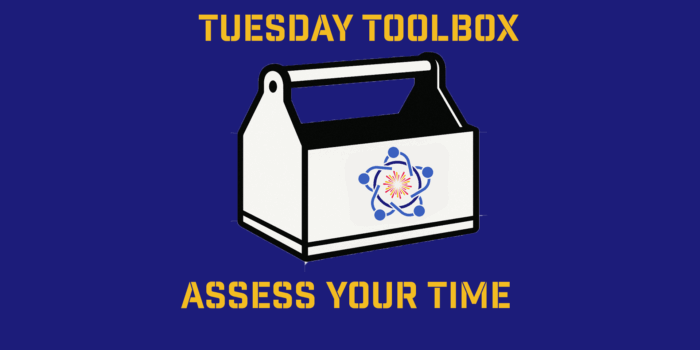What hasn’t happened this year that needs to? Would getting clarity help?
One of these suggestions has a flaw, do you know which one? I could tell you, but…
We talk a lot about the importance of emotional intelligence, and how it can help company founders and business executives be better leaders. But how can you tell if you have it or not? To help you figure that out, word usage experts and New York Times bestselling authors Kathryn and Ross Petras have compiled 13 simple phrases that indicate the person saying them is high in emotional intelligence. It’s worth reviewing the entire list in their article at CNBC.com. Here are some that I think are the strongest emotional intelligence indicators.
1. “Could you tell me more about that?”
“People who lack self-awareness only care about their own thoughts and opinions,” the Petrases write. “But emotionally intelligent people are interested in how others feel and what they have to say.”
Actually listening to people–without your phone in hand and paying full attention to what they’re saying–is one of the most emotionally intelligent things you can do, and it’s especially important to do it when you’re the boss. It’s also one of the most powerful motivational tools at your disposal. People who know you really listen to them and care about what they have to say are much likelier to support your goals, and to put in the extra effort to help you succeed. It may seem like you don’t have the time to really listen to employees, but investing that time can really pay off.
2. “I understand what you’re saying, but…”
If you’re about to disagree with someone or overrule them, it’s hugely helpful to let them know that you have heard and understand their point of view. Whether you’re talking to an employee, a partner, or someone outside your company, your goal should usually be to “arrive at a mutually agreeable solution,” the Petrases write. Anger, insults, or intellectual superiority won’t get you there, but saying something like this just might.
3. “Could you explain the problem?”
When someone is having an issue, asking them to explain the problem can help you in multiple ways. First of all, it always pays to get someone to tell you with a bit of detail exactly what’s bothering them, even if you think you already know. Some of the time, you’ll discover that what you thought was the biggest issue really doesn’t matter that much, and something else you thought was no big deal is the real crux of the problem.
Beyond that, you’re letting the other person know that you’re willing to truly listen to them, always a good thing to do. And talking out the problem in detail will help them vent some of their negative emotions about it. That may help them calm down and start thinking through possible solutions.
4. “This situation makes me…”
The end of that sentence could be “worried,” “confused,” or even “upset.” If you’re feeling those sorts of negative emotions, it’s almost always a good idea to focus on the situation at hand and the problem that needs to be solved, not on the person who may have caused it.
The exception is when someone has done something truly unacceptable, such as falsifying information or harassing an employee. It’s still important to remain calm and not let your anger take over, but it’s vital to let the offender know they have crossed a line and that there will be consequences.
5. “I’d love your input.”
Whether you say it to an employee, a colleague, or even a prospective customer, this may be the most powerful phrase of them all. Most people love sharing their thoughts and opinions, so inviting them to do so is likely to please them. Even more important, by asking their advice, you’re letting them know their insights and expertise matter to you. That’s an expression of respect that will likely make them feel good about themselves, and about their relation with you as well.
BY MINDA ZETLIN, AUTHOR OF ‘CAREER SELF-CARE: FIND YOUR HAPPINESS, SUCCESS, AND FULFILLMENT AT WORK’



